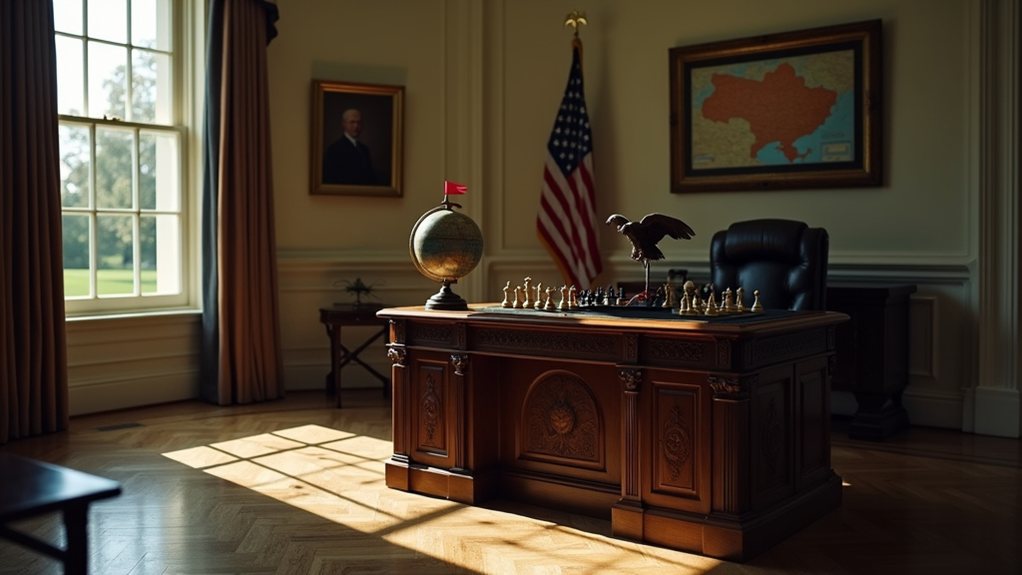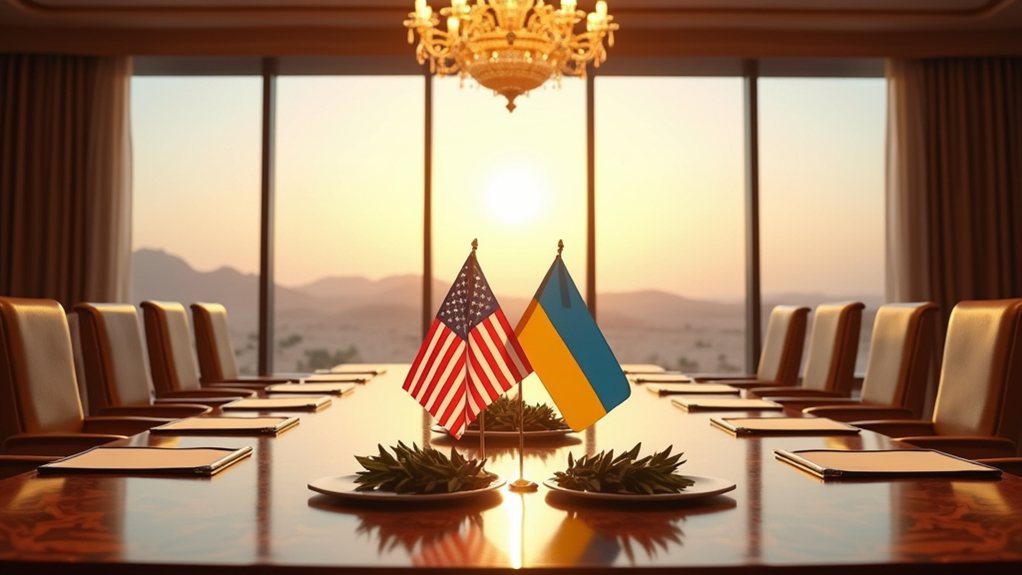Former President Donald Trump welcomed Ukrainian President Volodymyr Zelensky's recent message, which expressed a desire for peace negotiations. In his letter, Zelensky showed readiness to discuss ways to end the ongoing conflict. He also acknowledged the United States' support for Ukraine's sovereignty and proposed initial steps for de-escalation. These steps included releasing prisoners of war and a truce involving airspace and sea operations. Zelensky aimed to improve relations between Ukraine and the U.S. by offering to sign a minerals and security agreement.
Trump announced that he received Zelensky's letter during a Congressional address. He appreciated the Ukrainian leader's willingness to seek peace. Trump emphasized his desire to end the "savage conflict" that has affected both countries. He highlighted the financial support the U.S. has given to Ukraine but questioned the need to continue this support for another five years. Trump criticized the ongoing conflict and stressed the importance of finding a lasting solution. Notably, any decision regarding long-term military engagement would require Congress's authority to declare war, underscoring the constitutional framework governing such actions.
Trump expressed appreciation for Zelensky's peace efforts, emphasizing the need for a lasting solution to the conflict.
In his proposal, Zelensky suggested a truce in the airspace, banning the use of missiles and drones. He also called for an immediate truce at sea if Russia agreed to reciprocate. Zelensky aimed for rapid progress through negotiation stages, hoping to collaborate with the U.S. on a final peace deal. Ukraine's readiness for peace negotiations is seen as a crucial step toward potential resolution. Additionally, the upcoming peace talks in Riyadh will involve American and Russian delegations, emphasizing the international dimension of these negotiations.
However, recent U.S.-Ukraine relations have faced challenges, including a contentious meeting at the White House and a suspension of military aid to Ukraine.
International reactions have been mixed. European allies expressed concern about being excluded from peace talks. The Kremlin, however, seemed positive about Trump's shift in policy. Meanwhile, Polish officials confirmed a freeze on aid at the border. French and British leaders proposed a 30-day truce, while Ukraine rejected talks without direct involvement.
Preparations for a Trump-Putin summit are underway, aiming to create a high-level team for peace talks. Negotiations are set to take place in Riyadh, Saudi Arabia, focusing on finding common ground for a peaceful resolution.









